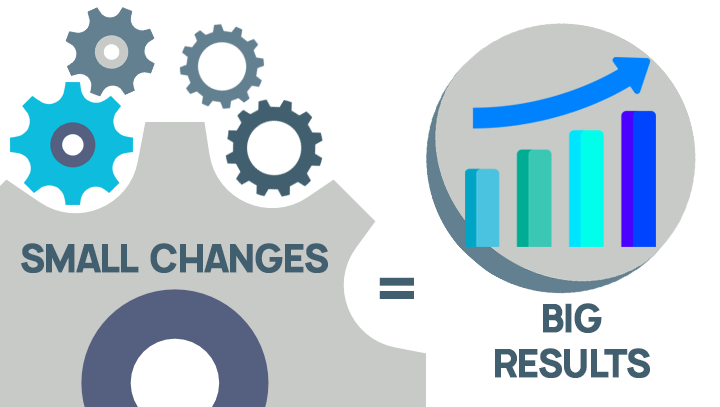A very positive aspect of the current environment is the growing focus on the professional development of employees as a key element of competitiveness and attraction factor and talent loyalty.
The multiple disruptions (globalization, digitalization, customer centricity, war for talent …) turn professional growth policies into fundamental factors of strategy in the best companies.
In many organizations the development model 70-20-10 has been established. An approach that seeks long-term improvement based on multiple levers for growth and that generates great results by personalizing each employee’s learning style.
– 70% is development from the experience and daily practice: be it in tasks or projects of the concrete role or “enriching” the position with new tasks.
– 20% is growth via interaction with others: mentoring, coaching, communities, benchmarking forums …
– 10% is improvement of capabilities with “more structured methods”: via formal training (internal or external, face-to-face or online).
Despite all these efforts I am not so optimistic about the real professional growth that is being achieved today in many organizations.
The reasons are varied. In this article I point out two that I consider important:
- The various limiting beliefs of managers and collaborators that hinder professional development, especially the fear of leaving the comfort zone, insecurity, laziness, fear that the employee can take my job, lack of focus … These are just some examples of brakes that I mentioned in more detail in my article ‘20 barriers to face for a successful professional development’
- The lack of accompaniment and tenacity to consolidate and grow micro-changes in professional skills are part of employees, managers and their immediate work environment.
Accompaniment, key to advance solidly: “Genius helps but you have to find yourself working” as Picasso said.
“Being an expert in a subject requires long patience” according to José Antonio Marina and some studies estimate this in 10,000 hours. A sum of small improvements usually generates exponential growth over time.
The role of the manager is key to polish, be open to suggestions, challenge, encourage to go a little further each day, … All based on evidence, continuous feedback and focusing mainly on professional strengths (unless some ‘weakness’ is criticism for the desired professional improvement).
Microchanges, seed of exponential improvement: In many occasions this mastery is based on many small changes, on improving the ‘technical gesture when the ball is hit’ that would be said in the world of tennis or golf. In maturing little by little like the good reserve wines.
For a majority of people, focusing on these microchanges also generates more energy, positivity and facilitates perseverance by detecting small advances that focus on major improvements. Achieving small advances is possible and motivating. Achieving extraordinary growth is perceived to be desirable but it seems clearly more difficult and with more risk of falling into discouragement. As in innovation also in professional development, the most usual is incremental evolution.
It is evident that we know a little about how they will be and what skills will require the jobs of the future during the next 10 years. In what all the experts agree is that there are levers that will bring you closer to happiness and job success:
- Deep self-knowledge
- Courage to advance towards your personal and professional purpose (in spite of the daily difficulties).
- Learning agility and emotional intelligence that will help you connect with yourself and with others.
A way of improvement that I recommend is not solitary but by the hand of people who can help you, who appreciate you and who include people who are different to help you identify your strengths, areas of improvement and ‘blind spots’.
Accompanying your microchanges will bring you closer to your dreams. Do you dare to undertake this trip?
This article has also been published in ORH (Observatory of Human Resources) –Go to the article–
David Reyero (HR Business Partner & Strategic Projects en Sanofi)
e-mail: David.reyero@sanofi.com / Twitter: @davidreyero73/
Linkedin: linkedin.com/in/davidreyerotrapiello/

Leave a Reply